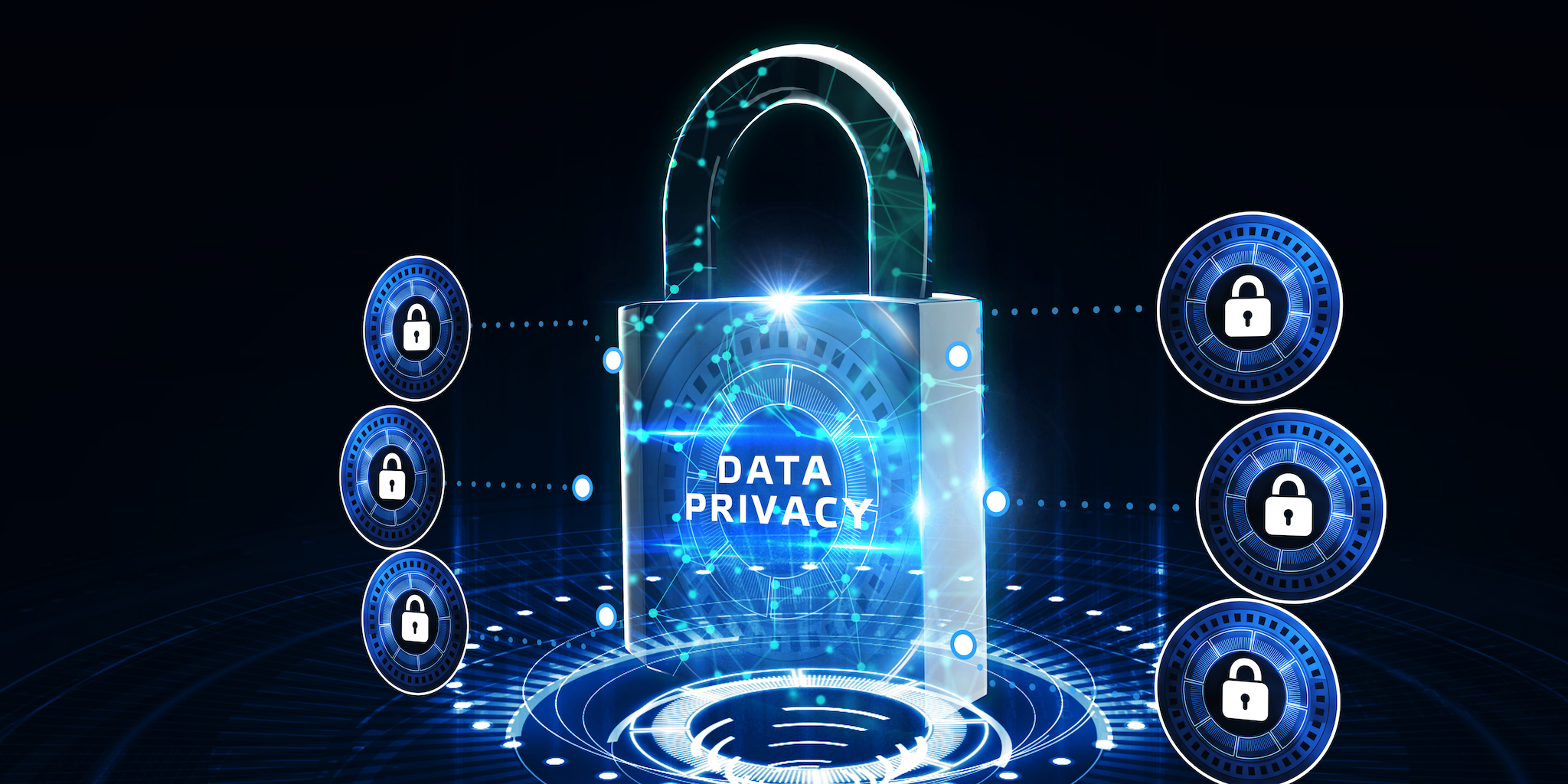Independent Review Certifies Private AI’s PII Identification Model as Secure and Reliable

An independent evaluation has confirmed that Private AI’s Personal Identifying Information (PII) identification model is both highly effective and secure, now backed by Armilla AI’s Guaranteed Warranty and insurers Swiss Re, Greenlight Re and Chaucer. This validation addresses crucial concerns regarding the reliability and fairness of AI-driven privacy tools, providing assurance to organizations that their data privacy solutions meet the highest standards.
Private AI’s PII identification model has now received the Armilla AI Guaranteed Warranty, reflecting the comprehensive assessment which highlights:
- Performance Baseline: Baseline performance: Private AI’s PII identification model misses less than 1% of PII as a percentage of total word on a comprehensive test set of 109,000 words consisting of text extracts from different sources such as financial transactions, medical transcripts, Twitter posts, internet forum posts, miscellaneous texts, and correspondence.
- Bias and Fairness: The independent assessment found no significant biases in the model’s performance across various demographic names. This ensures that the identification process is equitable and unbiased, maintaining fairness across all datasets.
- Robustness: The model was rigorously tested against real-world challenges, including OCR errors and text corruption. It maintained reliable performance, demonstrating resilience in handling data quality issue
- Organizational Considerations: Private AI has shown a commitment to high standards of data governance and responsible AI deployment, with thorough testing and validation protocols in place.
“Receiving the Armilla AI Guaranteed Warranty is a significant milestone for us,” said Patricia Thaine, CEO & Co-Founder of Private AI. “It not only reinforces our commitment to delivering a top-tier data privacy solution but also provides our clients with a strong assurance of our product’s reliability and effectiveness.”
PII redaction is crucial in today’s regulatory environment, where privacy and compliance are top priorities. The independent validation of Private AI’s model ensures that organizations can trust their privacy tools to meet stringent performance and fairness standards.
The assessment involved rigorous testing on various datasets, including those from the medical domain and structured data formats. Metrics such as precision, recall, and missed PII percentage were evaluated, along with the model’s adaptability to real-world data conditions.
The conclusion of the assessment confirms that Private AI’s PII identification model is a robust solution for data privacy. With the added security of Armilla AI’s Guaranteed Warranty, clients can be confident in the model’s performance and reliability
.For organizations looking to enhance their data privacy measures, Private AI’s model, now guaranteed by Armilla AI, represents a dependable and effective solution.
To learn more about how Private AI’s technology can protect your data, contact us today.




































































































